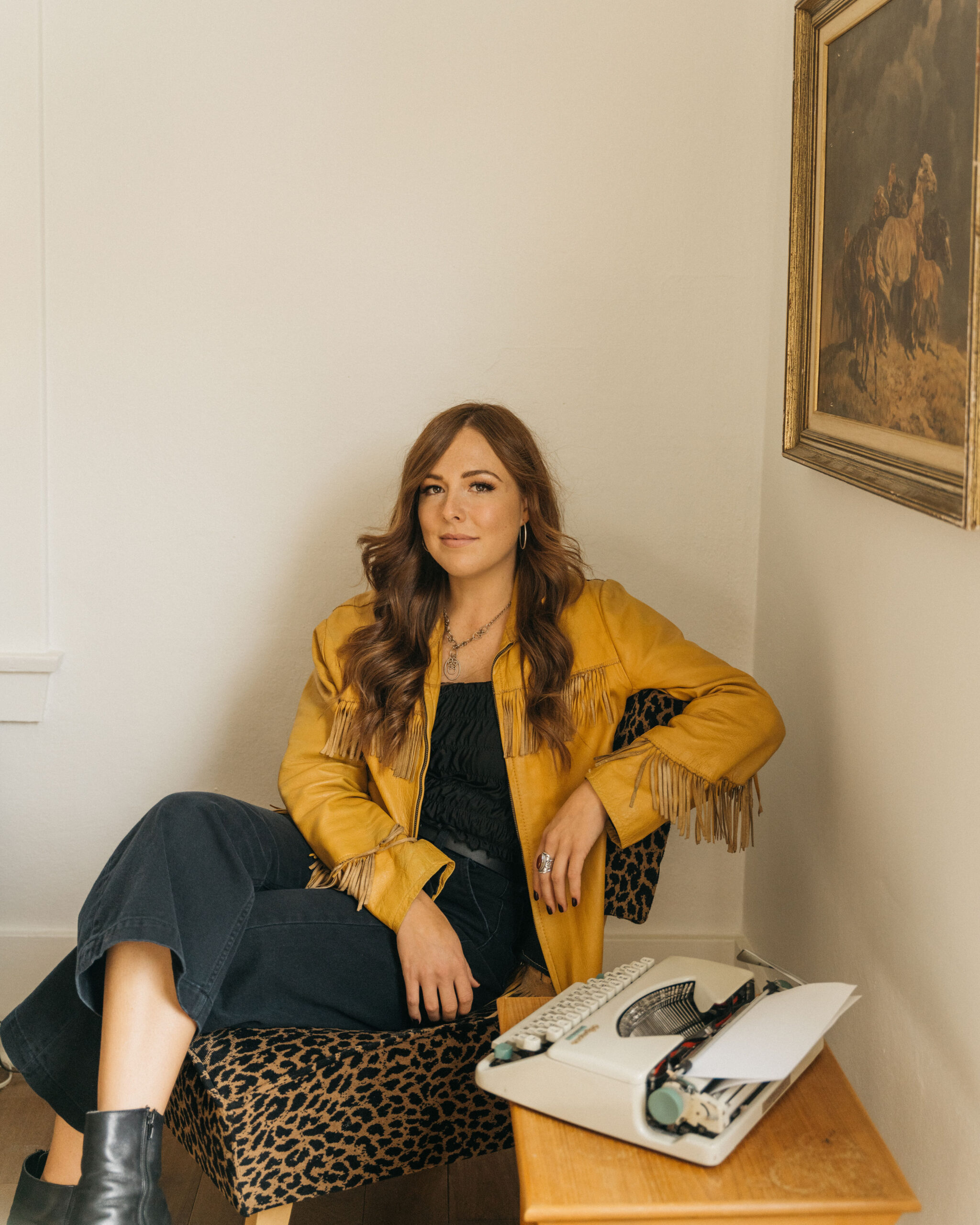In a history-making move, the Starbucks at Dunbar and 29th Avenue became the first location in Vancouver to unionize in February. That’s in thanks to the diligent work of Frederique Martineau, a 21-year-old student and barista who had had enough.
After one too many busy understaffed shifts and one too many exasperated customers at her Dunbar store, Martineau (who is a Starbucks shift supervisor) was frustrated and burned out.
She and her colleagues had talked about unionization for a while, but in February, Martineau finally hit a wall and was ready to go for it—ready to lose her job, if that’s what it took.
“You’re like ‘Oh my gosh, it’s rush hour and there’s literally two people working. How can this happen?’ [We had] had enough. So we unionized,” says Martineau.
As part of a growing trend that’s seeing Starbucks workers organize for labour rights across North America, the Dunbar location stands out as Vancouver’s first unionized location.
And, as a 21-year-old student, Martineau herself stands out as a key player in the labour movement revitalization.
Trouble brewing
Like any union bid, Martineau’s was born of a plea for better working conditions, starting with a living wage.
“We have some tenured baristas who need to get multiple jobs in order to survive in Vancouver,” says Martineau. “Then you read news that Starbucks is donating [to charities] when baristas are struggling. I just feel like that’s not fair, especially given the volume our store has.”
But the volume of customer traffic and orders, Martineau says, doesn’t correlate to better pay, more hours and an adequate amount of staff working any given shift.
At Starbucks, staff scheduling is determined by a computer algorithm. Certain menu items are calculated to be worth a certain amount of labour, meaning that a store that sees more orders for complex drinks like a Frappuccino will earn more staff hours than a store where customers want something simple like a black coffee.
In the neighbourhood community of Dunbar, foot traffic is high but orders aren’t often that complicated. Yet, the shop receives many bulk orders from high schoolers and construction crews, which take just as long to prepare as a more complicated drink.
“[Our labour isn’t] worth as much in the eyes of the computer so, while our manager recognizes we’re understaffed, she can’t necessarily do anything about it,” says Martineau.
As a supervisor, Martineau started skipping her breaks and continuing work hungry. She wasn’t able to provide her customers with the warm café experience she envisioned and, on top of safety issues cropping up at her location, she started to feel like the grind wasn’t worth it.
It was time to unionize.
Covert mission
The Seattle-born coffee chain is famously anti-union. Starbucks’ American CEO Howard Shultz recently testified before the US Senate on alleged labour law violations, such as firing union organizers.
“That’s the biggest concern that we face with the Starbucks workers—that fear that they’re going to get in trouble or get fired,” says Aman Chumber, a servicing representative for USW Local 2009 who has been directly involved in bargaining for B.C.’s four unionized Starbucks stores in Victoria, Surrey, Langley and now Vancouver.
Martineau knew she had to be as stealth as possible to avoid any backlash. She contacted USW Local 2009 and began approaching her nearly 20 colleagues to sign union cards by herself, protecting her colleagues and promising to take the fall if it came down to that.
Things were going well, until someone snitched.
A bust gone right
During one of her nursing classes at BCIT back in February, Martineau got a text from a barista colleague: “everyone from corporate is in the lobby and they’re interrogating us.”
“I was actually terrified,” says Martineau.
But the bust backfired.
Frustrated by Starbucks corporate’s approach, Dunbar employees took turns going to the bathroom to sign their union cards, gaining the final signatures Martineau needed to hit her goal of around 80 per cent support.
The union was certified the next day.
Anti-union tactics
Though Martineau says she’s already noticed safety conditions improve, she’s worried that Starbucks could offer another raise to all but the unionized stores in Canada, leaving Dunbar out—something that, she says, happened in May 2022 after the Victoria store unionized.
“There was an increase in wages based on minimum wage going up and those increases aren’t going to be applied to the unionized stores,” says Chumber. “These are easy fixes for Starbucks. But Starbucks chooses not to resolve them because they don’t want to incentivize unionized stores.”
The alleged unfair labour practice is currently before B.C.’s Labour Relations Board with a decision expected soon.
The rise of young labour organizers
The Dunbar Starbucks will begin its collective bargaining process to solidify the union contract around mid-July, with Martineau sitting on the bargaining team.
Her participation, like the 19-year-old barista on the Langley Starbucks’ bargaining team, symbolizes a new generation of labour activists.
“There’s a renewal going on right now. Younger workers are getting involved and it’s not just the white old patriarchy that has been in some unions for years,” says Jonathan Karmazinuk, a district-level USW staff representative.
At 21 years old, Martineau proves that you don’t need years of corporate experience to take matters into your own hands—you just need guts.




